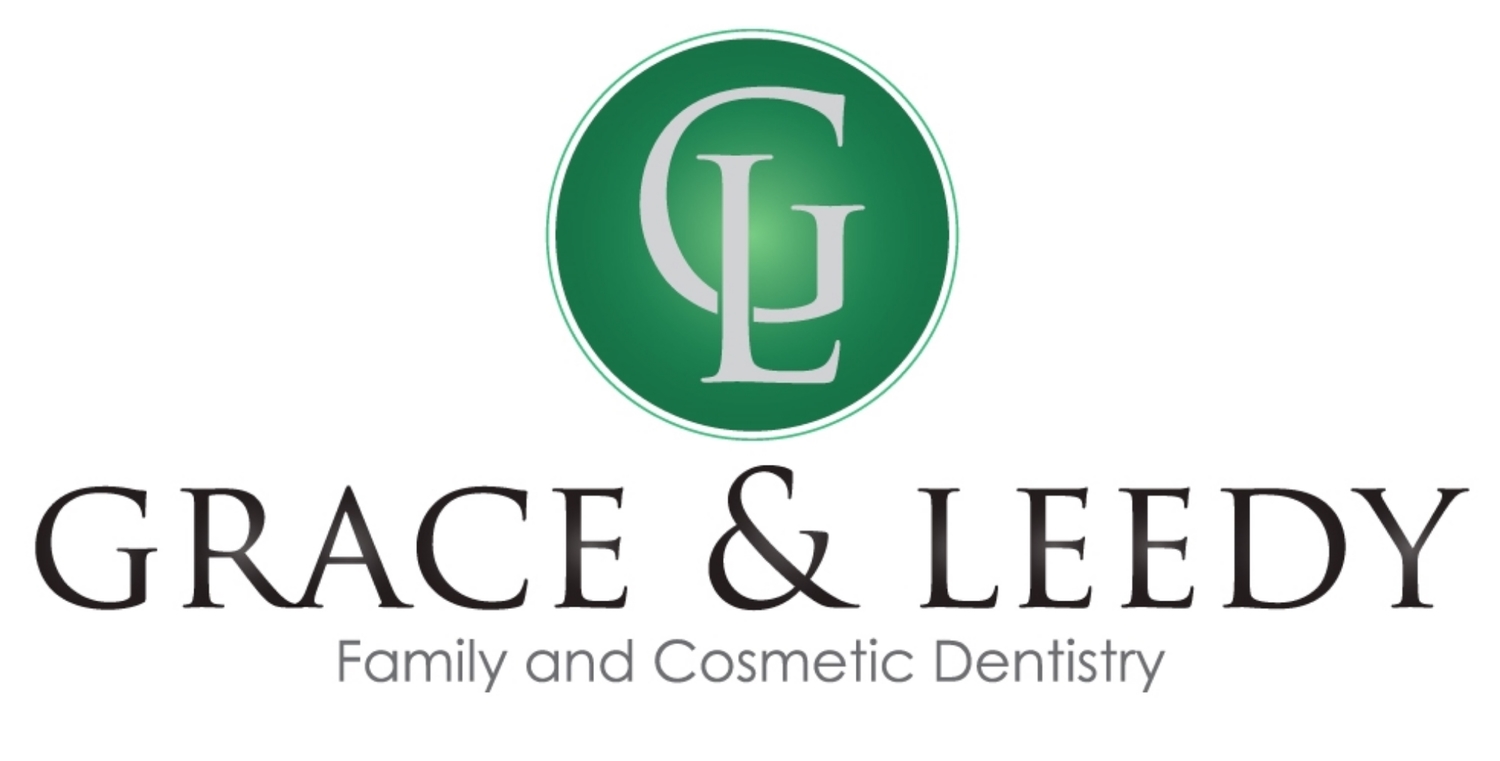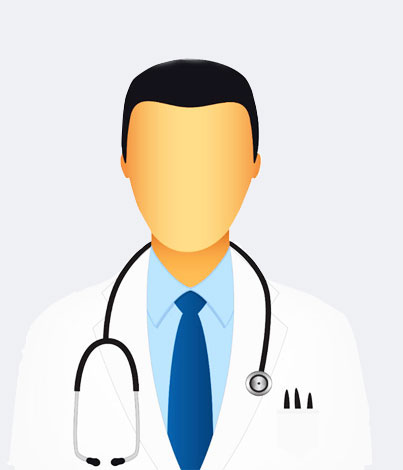We all know that brushing your teeth regularly is key to achieving a lifetime of oral health. The more you skip regular brushing sessions, the more you put your teeth at risk. But just how often do you need to brush your teeth each day? Growing up you were probably instructed that brushing three times a day is ideal. However the reality is that might be overkill for most people. So should you brush three times a day? Let’s dive a little deeper into the ideal brushing routine.
ADA Recommendations
When it comes to quality recommendations, the American Dental Association is on the cutting edge of current dental trends. So if you have any doubts about your current oral care habits, searching the ADA website is the best way to stay informed. When it comes to brushing frequency and related tips, the ADA offers clear advice.
Brush your teeth twice a day.
Use a brush with only soft (or ultra soft) bristles.
Make sure the brush properly fits your mouth, i.e. if you have a smaller mouth, use a smaller brush so you can reach all areas.
Replace your brush every four months. Worn bristles do not clean as effectively as a new brush.
Don’t forget to use ADA-approved fluoride toothpaste every time you brush.
Well there you have it. According to the ADA, which is the best guide to oral health that we have, two times a day is enough. So what if you’ve been brushing three times a day this whole time?
The Pitfalls Of “Overbrushing”
Brushing your teeth every day is critical, but what if you take it too far and overbrush? Well you could be putting your teeth at risk, but just how much depends on your individual habits. There are likely times where you have brushed three times a day. For example, when you’ve had that important lunch meeting and wanted to show up with fresh breath. No harm can come from an extra brushing session here and there in moderation. What really matters is how hard you brush and how soon after eating and drinking you brush. Let’s look at each circumstance individually.
BRUSHING TOO HARD
While it might seem counterintuitive, you don’t want to clean your teeth with too much force. Some patients think if they add extra pressure while they brush, it’ll loosen up all that plaque and result in a better clean. Unfortunately this is not the case. Brushing too hard can damage your gums and wear down your enamel. Both of these bad habits can have severe consequences as you age. Damage to your gums will cause them to recede, making your teeth more sensitive as well as making them vulnerable to advanced conditions like gum disease. In severe cases, you might even need gum graft surgery to repair the damage. As for weakened enamel, this condition will result in more cavity growth as well as increased sensitivity. As you can see, brushing too hard carries some severe consequences.
BRUSHING RIGHT AFTER EATING / DRINKING
In addition to brushing too hard, you can also brush too soon. Again this can be confusing for some patients, but you don’t want to brush right after you eat and drink, especially if you’re consuming acidic substances like coffee and orange juice. You can actually spread this acid around on your teeth, which will encourage tooth decay, even though you think you’re helping by brushing. Instead of picking up your brush right away, rinse and swish with water to help rinse harmful particles away. Then try to wait 30 minutes after eating to brush. This is easier during the night, but you may have to modify your morning routine if you eat and then brush in a rush to get out the door.
Final Thoughts - Should You Brush Three Times A Day?
Perhaps the best way to think about brushing is two by two. Take it two times a day, two minutes at a time. You don’t need to brush any more than this. But you do need to be careful when you brush. Keep your brushing light and never press the bristles hard into your teeth. Using ultra soft bristles can help you avoid any overbrushing damage to your teeth and gums. Also try to always wait 30 minutes after eating to brush. This will give you mouth time to recover from any acidic foods and beverages that you’ve consumed. A vital part of evaluating your brushing habits comes with a visit to your dentist. They can see if you’re overbrushing and help set you on the course for healthier habits. So make sure to keep those 6 month checkup appointments! If you’re overdue, contact Grace & Leedy Family Dentistry to get back on track.



